Category: Security Tips
-
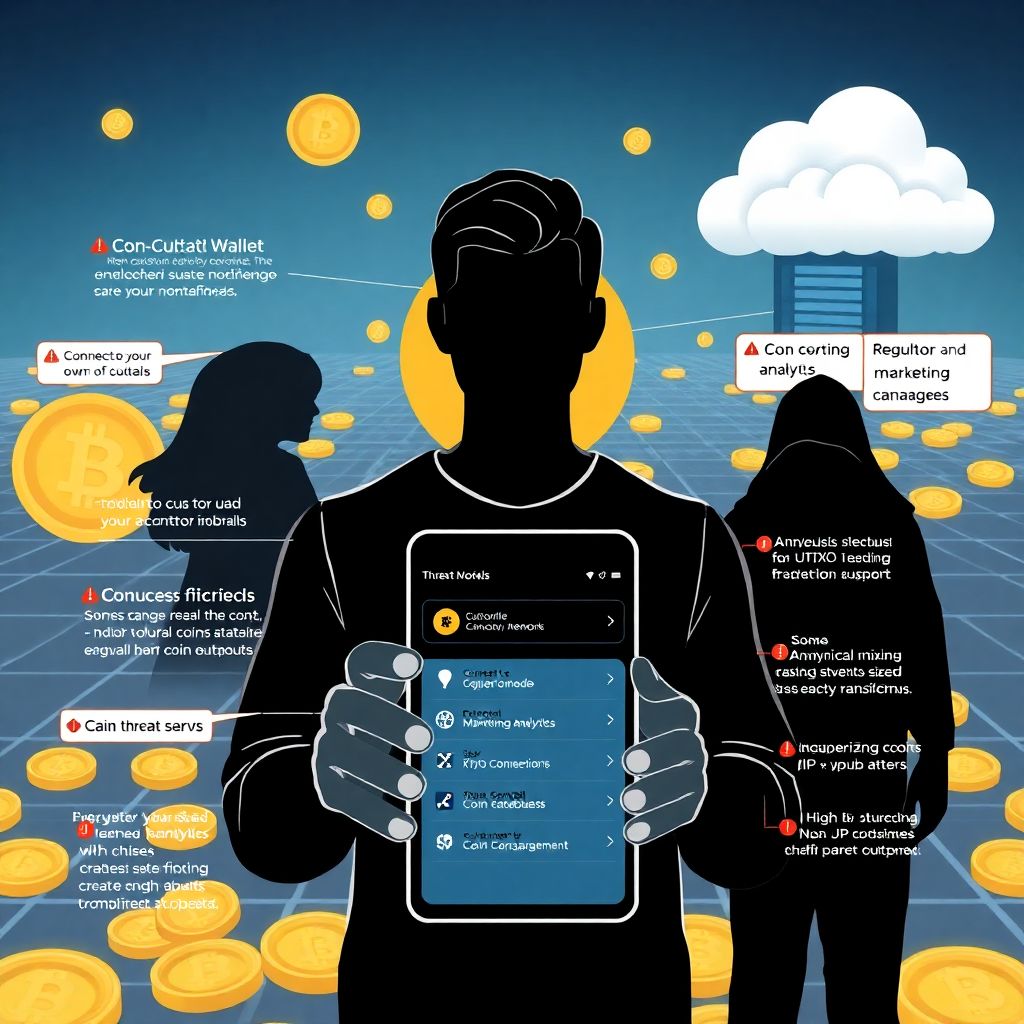
How to choose a crypto wallet with the best privacy features and security
Why privacy in crypto wallets is getting harder (and more important) If you used Bitcoin in 2015, “privacy” mostly meant “don’t reuse addresses and you’re fine.” Today that’s fantasy. Exchanges log everything, analytics companies deanonymize on‑chain activity, and regulators push KYC into every corner they can reach. If you just want a simple, secure crypto…
-
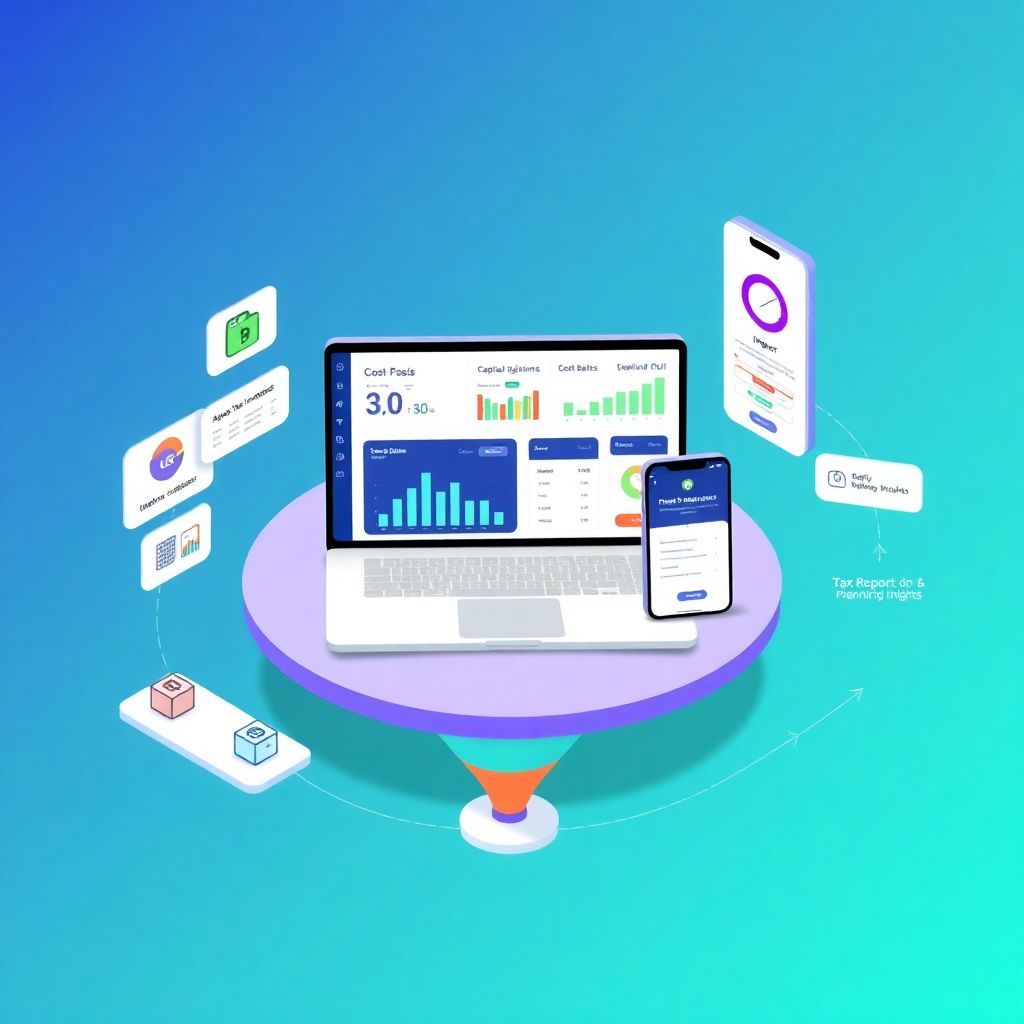
Beginner guide to using a crypto tax calculator for smarter investment planning
Why a crypto tax calculator matters for your investment plan Most people meet tax season with a shoebox of screenshots and a sense of dread. With crypto, that chaos multiplies: dozens of trades, multiple wallets, staking, airdrops. A crypto tax calculator for investors turns that chaos into numbers you can actually plan around. Instead of…
-

Beginner guide to token liquidity and market depth on major exchanges
Why liquidity and market depth matter more than “number go up” If you trade tokens only by looking at price charts, you’re basically driving at night with headlights off. Liquidity and market depth show you how easily you can enter or exit a position without the price going crazy against you. Two tokens can have…
-
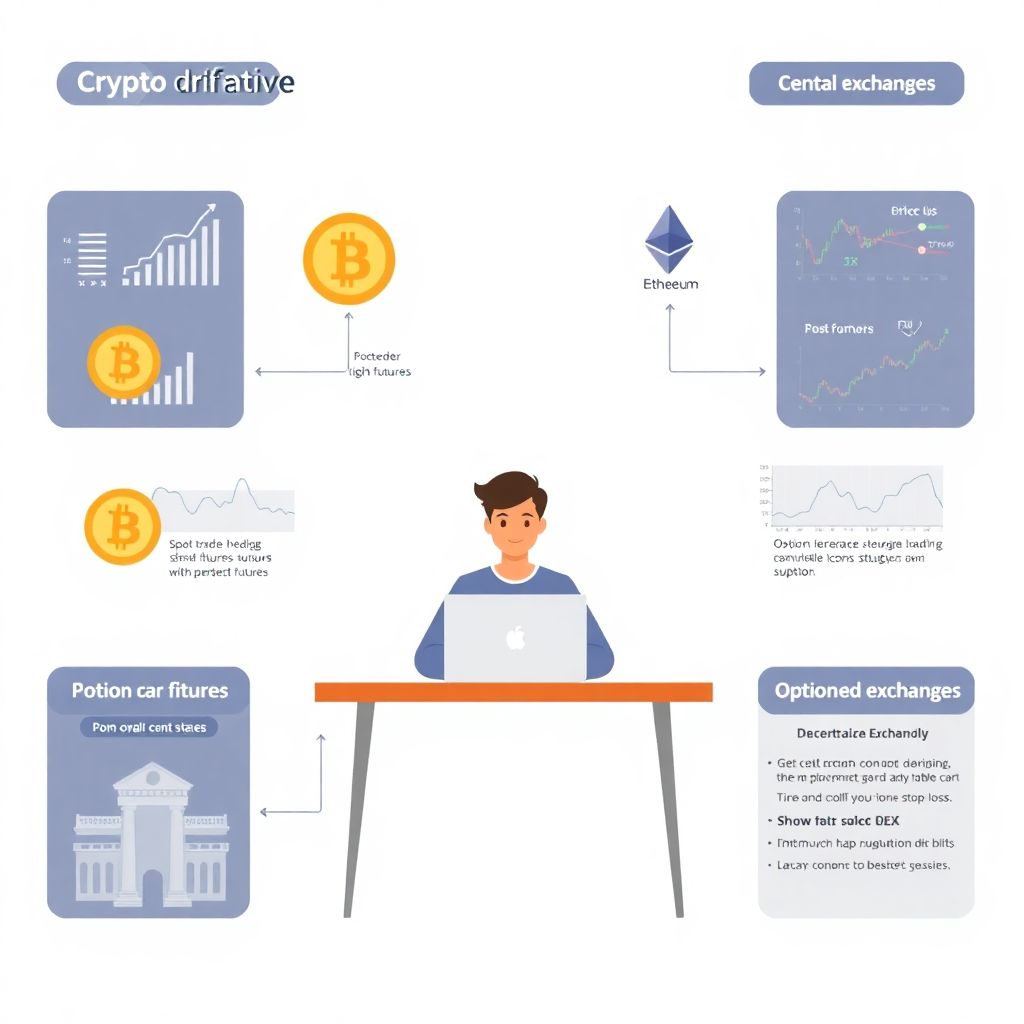
Crypto derivatives for beginners: how to navigate them safely
Why crypto derivatives look scary (and why they don’t have to be) Crypto derivatives sound сложнее, чем есть на самом деле. Фьючерсы, опционы, перпетуалы, плечо, ликвидация… Для новичка это как войти в чат, где все разговаривают на другом языке. Задача этого обзора — дать тебе понятный, «человеческий» crypto leverage trading guide for beginners: без лишнего…
-

Scalable crypto trading desk at home: how to build a pro setup
Why a scalable home trading desk вообще имеет смысл За последние три года крипторынок то падал, то обновлял рекорды, но объемы не исчезали. По данным CoinGecko и The Block, совокупная капитализация криптовалют держалась между ~$800 млрд в медвежий 2022 год и более $2,5 трлн к концу 2024-го. Доля деривативов выросла с ~60% спотового объема в…
-

Beginner guide to blockchain explorers for crypto due diligence
Why blockchain explorers matter for due diligence When you first open a blockchain explorer, всё выглядит как панель управления космическим кораблём: хэши, блоки, десятки чисел. Но если немного разобраться, эти сервисы превращаются в мощные blockchain explorer tools for crypto due diligence: вы можете проверить, откуда пришли деньги, как давно живёт кошелёк, с кем он взаимодействует…
-

Beginner guide to building a robust crypto research workflow step by step
Why your crypto research workflow is probably broken (and how to fix it) Most beginners “do research” the same way: scroll X/Telegram, watch a couple of YouTube videos, ape into something that “everyone” is talking about, then wonder what went wrong. The problem isn’t that you’re stupid or unlucky. The problem is that you don’t…
-

Token burns explained: beginner guide to how they affect crypto value
Why token burns suddenly matter so much If you hang around crypto long enough, you’ll notice a magic word popping up in chats and whitepapers: “burn.” It sounds dramatic, but underneath the hype there’s a pretty simple economic idea. Fewer tokens in circulation can mean each remaining one has more potential value, a bit like…
-
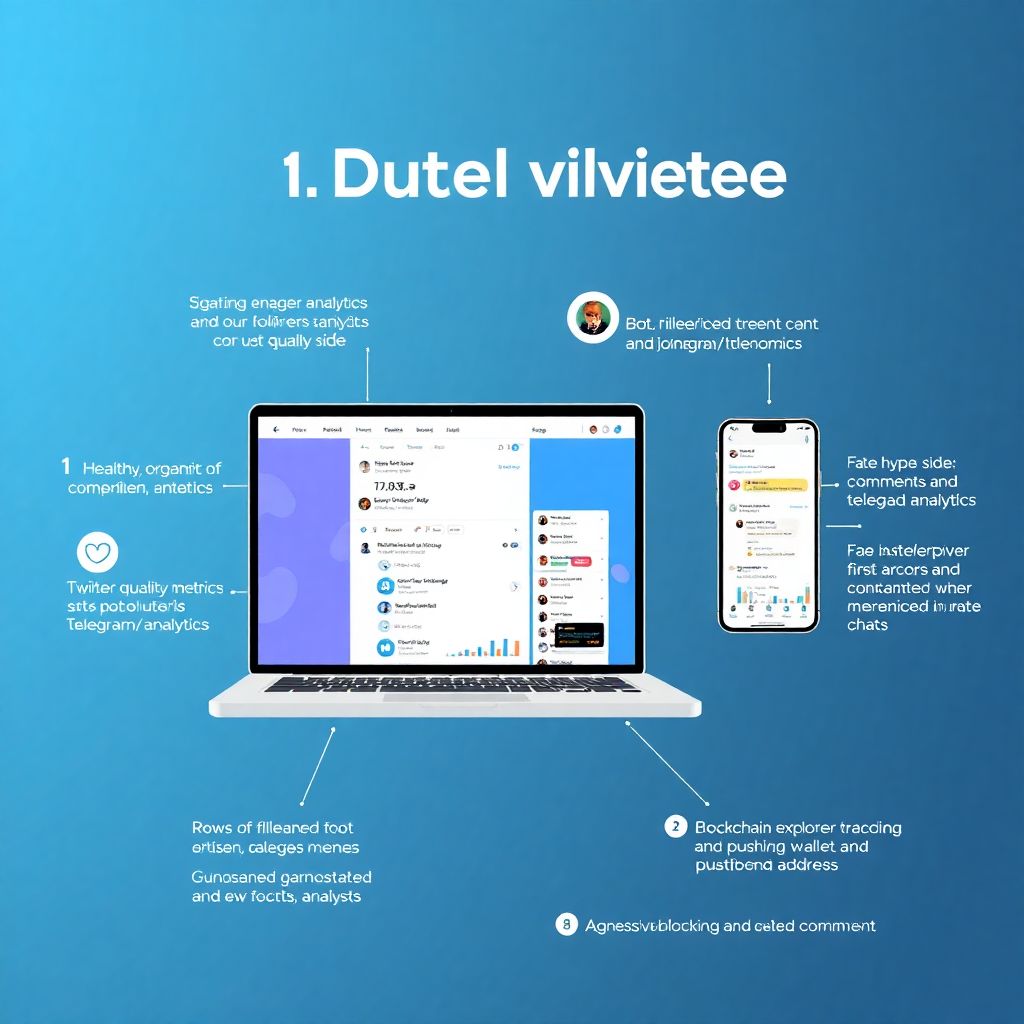
Evaluating a crypto project’s social media integrity: a practical guide
Why social media integrity matters more than hype When you look at a new coin or token, the project’s Twitter, Telegram, Discord and Reddit are usually the first touchpoints. That’s exactly why they’re also the easiest place to fake traction. A practical crypto due diligence checklist must include a hard look at how a team…
-
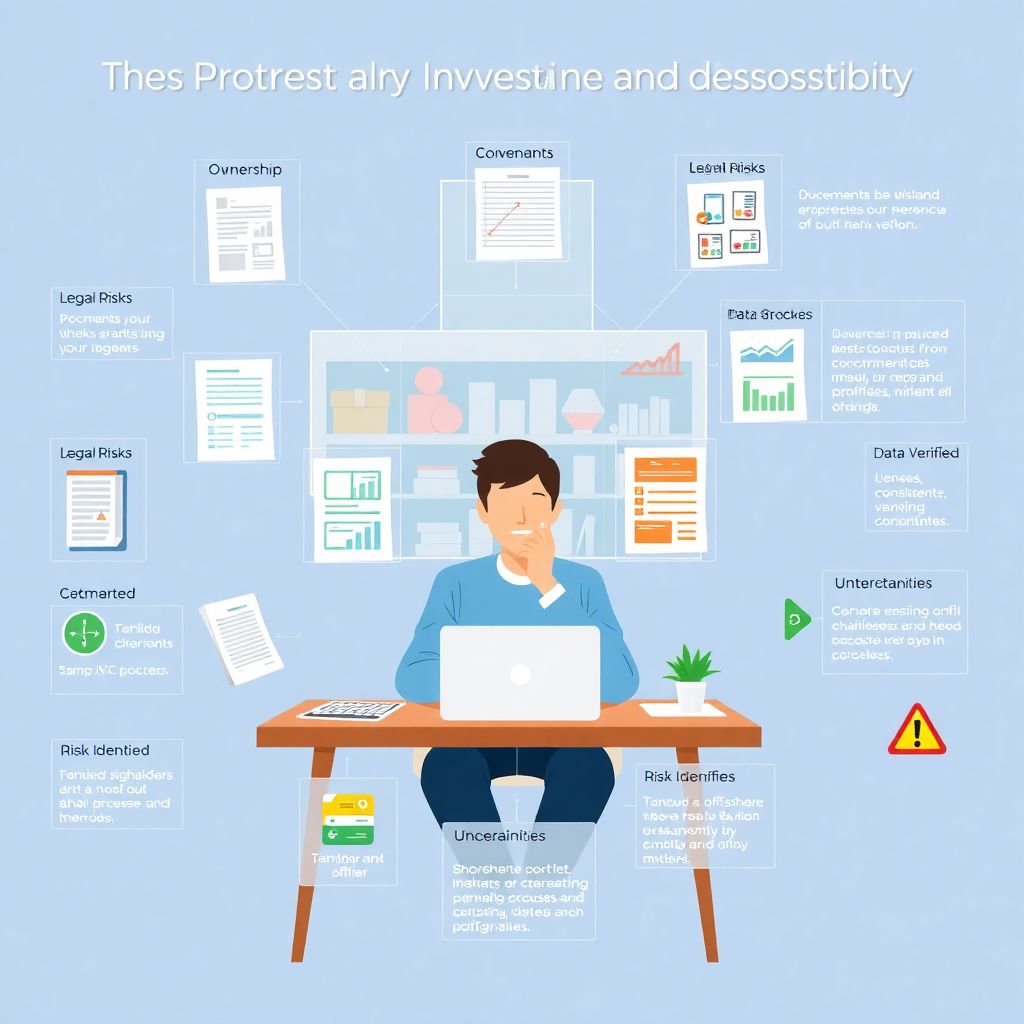
How to evaluate a projects transparency and disclosure practices for beginners
Why transparency and disclosure matter before you commit Понимание прозрачности проекта — это не абстрактная этика, а базовый инструмент управления рисками. Чем хуже раскрытие данных, тем сложнее оценить реальные обязательства, структуру собственности и устойчивость финансовых потоков. Для новичков полезно относиться к любой идее как к «чёрному ящику», который нужно последовательно вскрывать. Даже если вы не…
